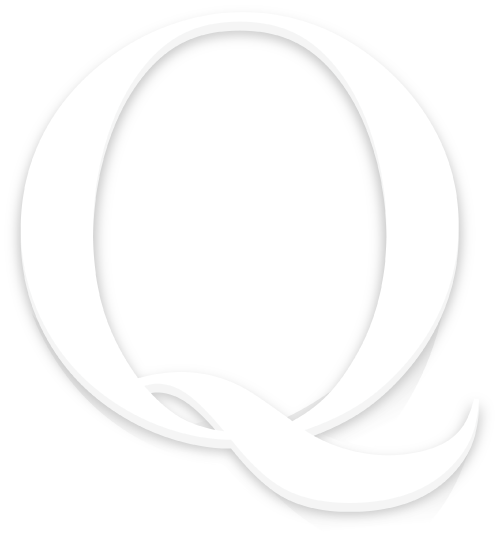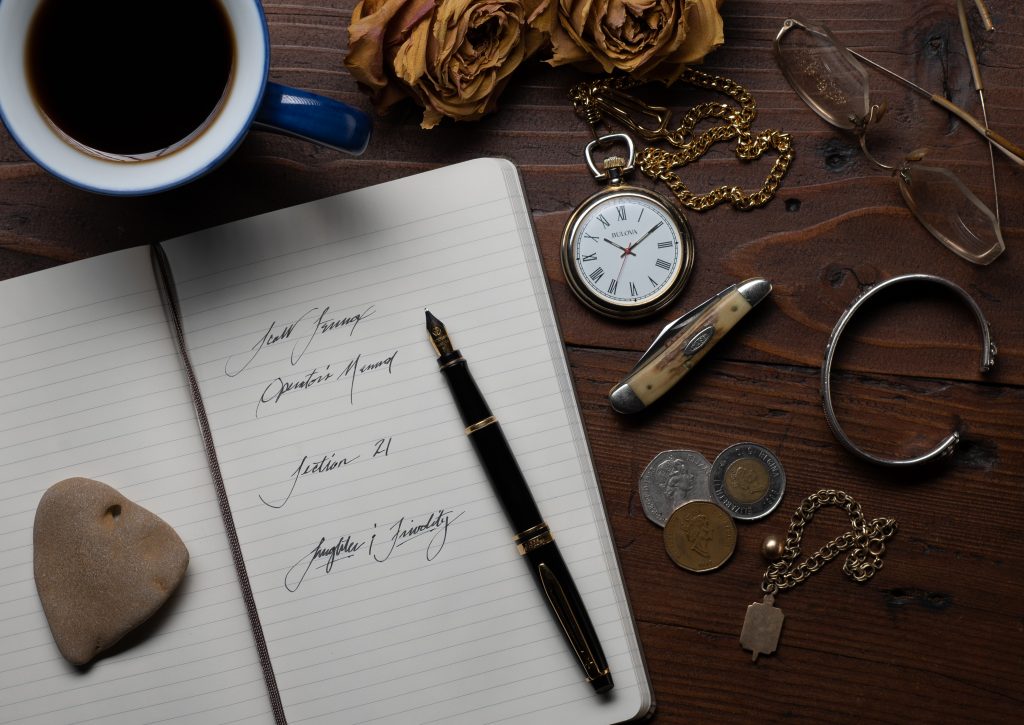Writing Our Own Manual
[ theme music & intro ]
Whatever your belief, as we head into Christmas and the New Year, what better gift could there be than the gift of building an even healthier relationship with yourself?
Stay with me this week as we consider writing—or re-writing—our own manual for living well.
[ brief pause as theme music fades ]
A wise friend once said to me, “Liberation is the day you give yourself back to yourself.” As I let that sink in, at least two Beautiful Questions arise. The first is: “Who or what is running my life right now?” The second is: “If the one running my life is me, how do I best live?”
Over the last couple of years, I’ve reflected on these two questions many times. Each time I do, I become more a little more grounded and a little more focused. And as a bonus, my “inner landscape” becomes more expansive.
The past few months have provided an ideal time for such reflection. I confess that when social distancing began, I felt irritated that I wasn’t free to come and go as casually as I had been. Having lunch in restaurants and spending hours writing in coffee shops had become a regular part of my experience. In fact, many of these newsletter/podcasts originated in one coffee shop or another and were then finalized and recorded here at HeartRock.
As I started spending untold hours with myself, I came to understand what people mean when they say they “felt the walls closing in” on them. It was evident that if I was to make the best of “what is,” and was going to prosper in the process, it was time to revise and rewrite the way I’d been living. It wouldn’t be possible to play the new game by the old rules. The world had changed, and I needed to change with it.
By the way, if you want some great references for how to have a healthier relationship with yourself, get out your Official Human Being Owner and Operator Manual and check the table of contents or the alphabetical index in the back.
Can’t find it? Never had one? Of course, you didn’t! There isn’t one.
I laugh when I think about the paradox of it.
[ brief pause ]
With the press of a button, a lighted display on my electronic piano shows me every possible function and how to activate each of them. When I bought my car, I found a thorough operator’s manual in the glovebox. The digital camera I use came with a book of illustrated instructions, as well on-line links for further guidance. And just a few years ago, I bought a small, one-piece kitchen device made of plastic for ninety-nine cents that came with a little folded booklet of instructions in several languages, including Spanish, French, Japanese, and Chinese!
Seriously?!
And think of all the things that come with an 800 number so we can call customer service twenty-four hours a day. How convenient is that?!
Yet, when it comes to the profoundly complex matter of being human, we arrive with no manual, no map, no GPS, no guidebook, no set of instructions, and no customer service number. There’s not even a brief start-up guide. Nothing!
But not to worry.
[ brief pause ]
photo: Scott Lennox
As the only person with the knowledge, the wisdom, and the authority to write it, you’re perfectly free to create your own individualized manual, including instructions for personal liberation and ways of adding years of enjoyment to your experience.
Regardless of the product, most operating manuals begin with the basics: model designation; function and purpose; special features; list of parts or components; care and cleaning; proper maintenance; power or fuel requirements; variations for use; proper storage; and in some cases, available attachments.
If you’re willing to do it, this week, I’m suggesting developing your personal “Owner and Operator’s Manual.” It will take a bit of time, but I promise it will be worth every minute you spend doing it. If nothing else comes of it, you’ll have clarified your ideas about yourself.
So, to help with the process, this week’s Beautiful Questions are designed to offer some of the basic things to be addressed as you begin. There are twelve of them, but you may want to add some of your own. Similar to the “Twelve Days of Christmas,” here’s an opportunity to give meaningful gifts to yourself every day. Here are the questions.
[ brief pause ]
Question One: What do you know about who and what are as a human being?
Question Two: What do you know about your primary purpose or function?
Question Three: What things are valuable and unique about you?
Question Four: What gifts, talents, abilities, resources, etc., are built into you?
Question Five: What fuels are best for you, and what things are to be avoided?
Question Six: How often do you best provide what is good for you?
Question Seven: How much down time do you require to function well and how do you deliver it to yourself?
Question Eight: In what ways do you best function alone?
Question Nine: In what ways do you best function with others?
Question Ten: In what ways do you excel and in what ways do you need assistance or improvement?
Question Eleven: What things or environments are best for you and which ones are not acceptable?
And finally, Question Twelve: What things contribute to your longevity and your enjoyment?
It might be interesting to gently stay with the process over the next twelve days, or longer if you like, revising and re-writing your own manual until you reach a sense of real clarity about it.
When you do, write and tell me. I’ll be fascinated to hear what you discover.
As I say each week,
And now, more than ever,
My Light with Your Light
[ theme music rises ]
Thank you for joining me in these podcasts as we awaken day by day to being more fully alive. My sincerest hope is for each of us to create more effective possibilities for ourselves, for one another, for the world, and for this beautiful planet we call home.
As always, I’m open to your comments and feedback.
You can be further inspired by visiting my friends at Kosmos Journal. That’s K O S M O S Journal. Their mission is to inform, inspire, and engage global transformation in harmony with all life. You can easily find them online at https://www.kosmosjournal.org/.
And at thebeautifulquestion.com, you can read the illustrated transcript of each podcast as you listen. You’ll also find an archive of all of previous podcasts, including episodes three and four, guided relaxation audios that can help you practice letting go on a daily basis.
If you find these podcasts useful, don’t hesitate to share them or tell others about them. That’s a great way of helping me to get a voice of calm and collaboration and balance and encouragement out into the world.
[ brief pause ]
I’m Scott Lennox, and this has been The Beautiful Question.

